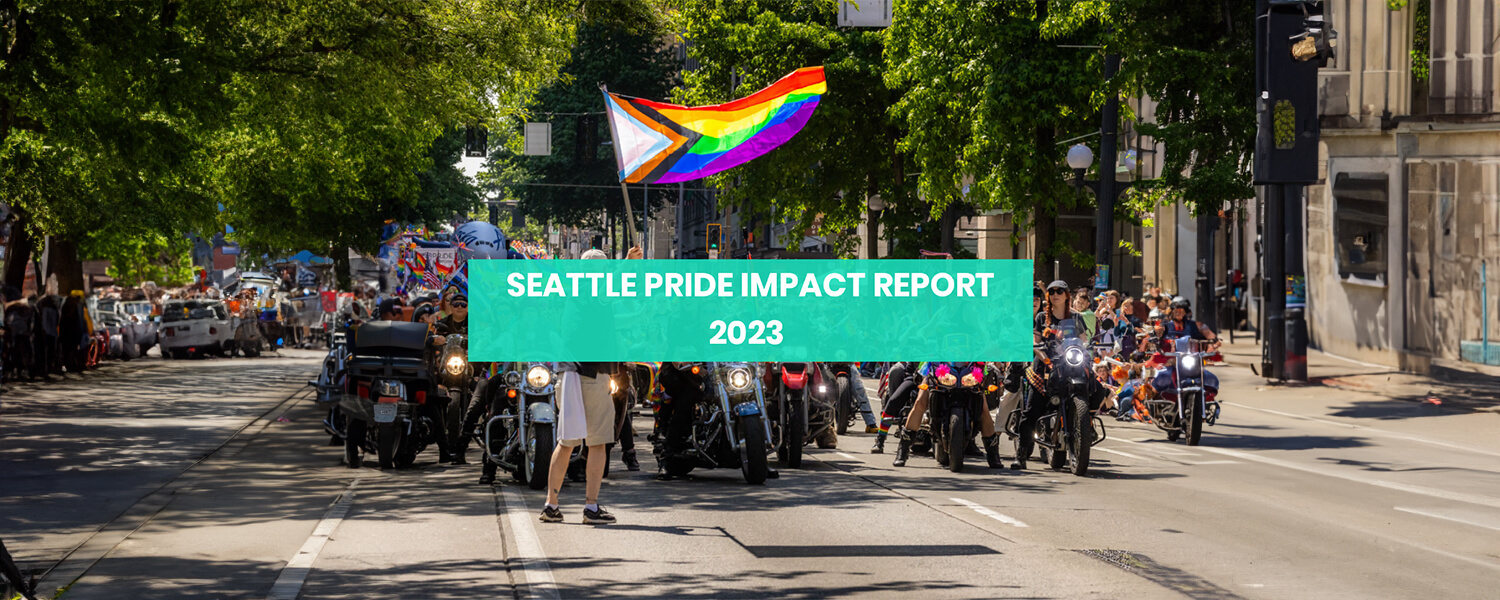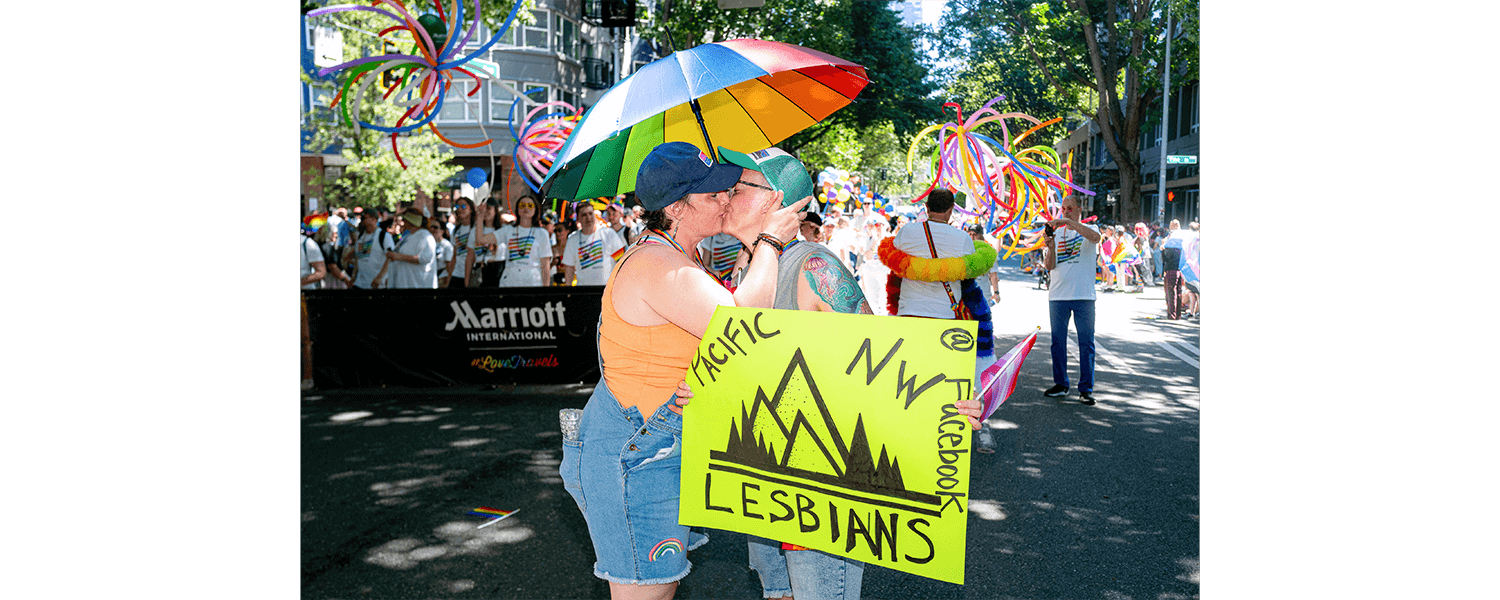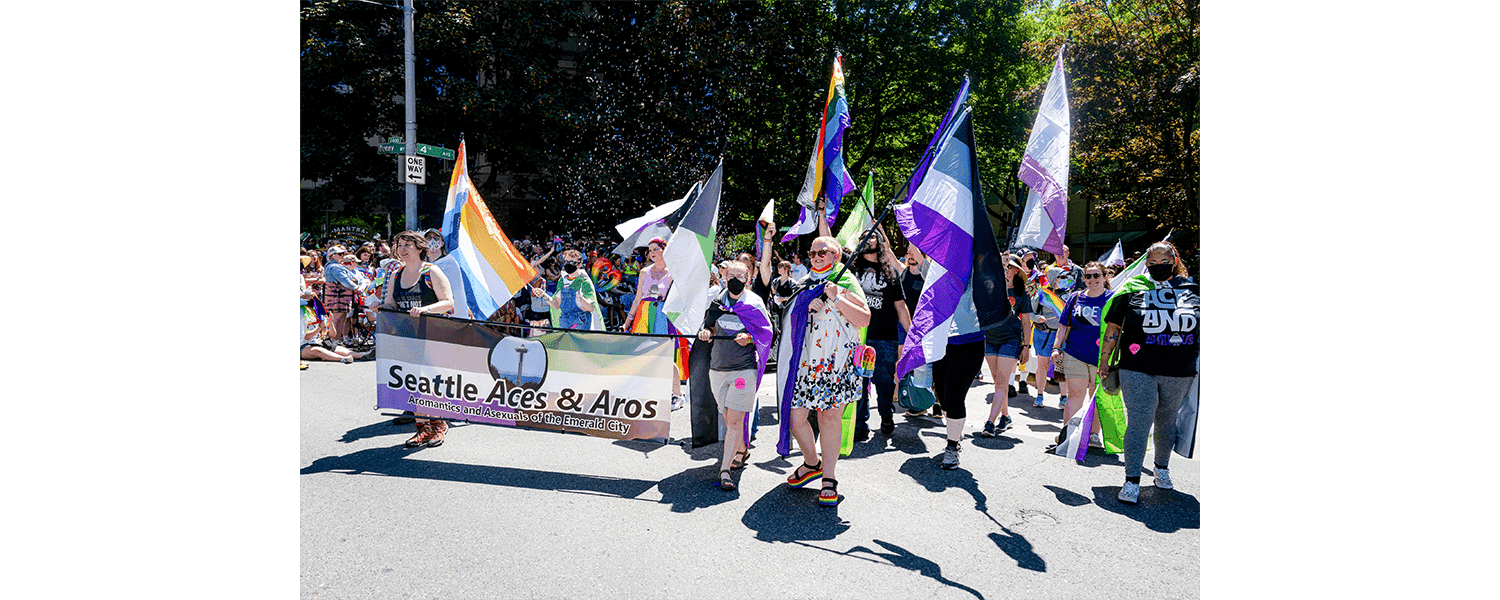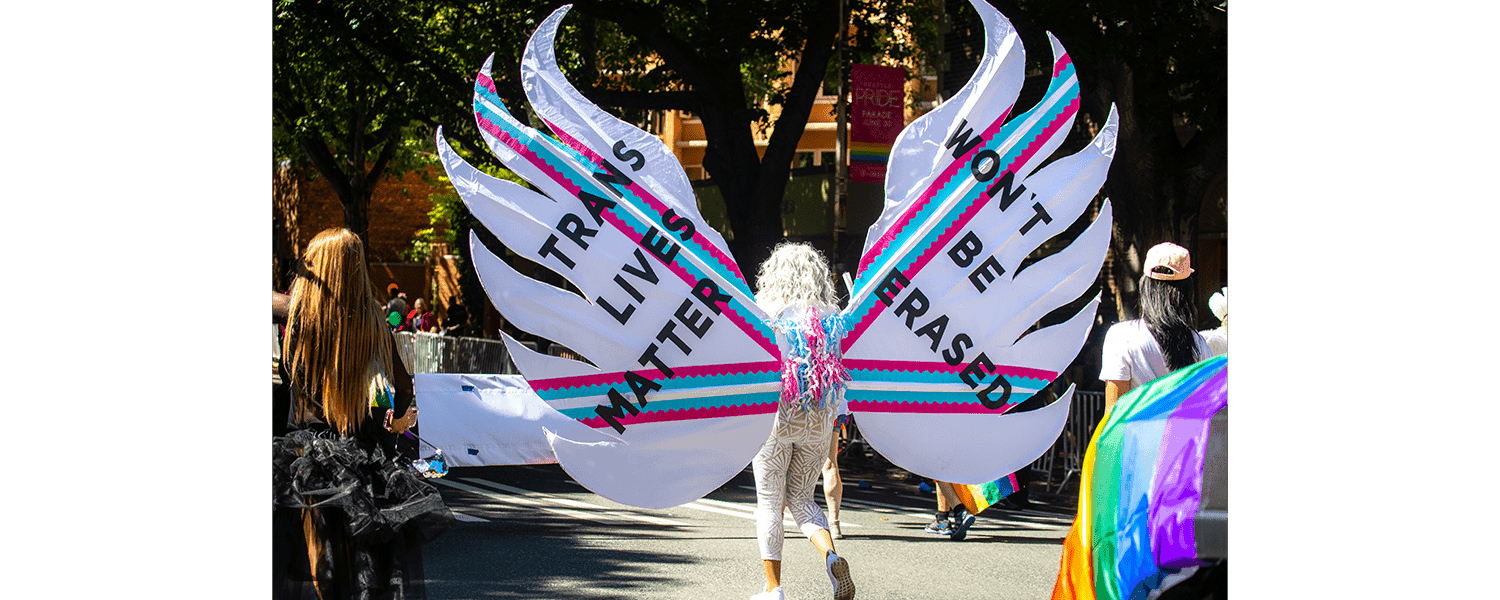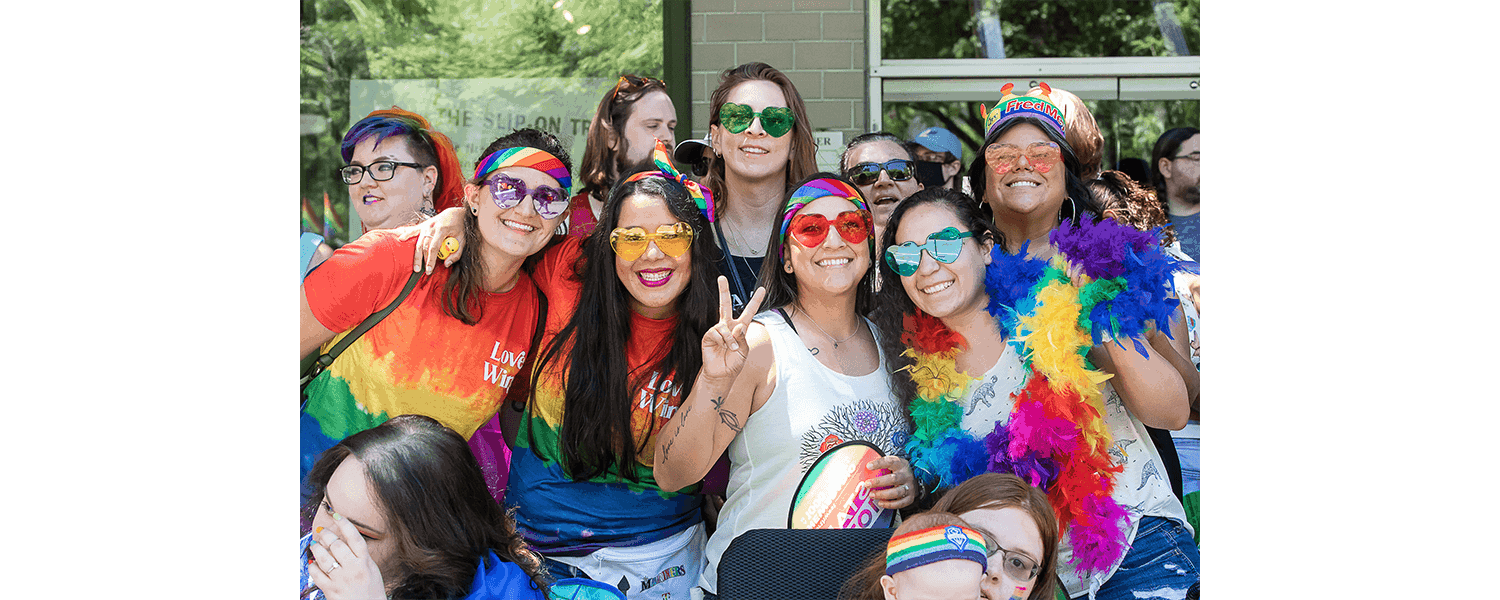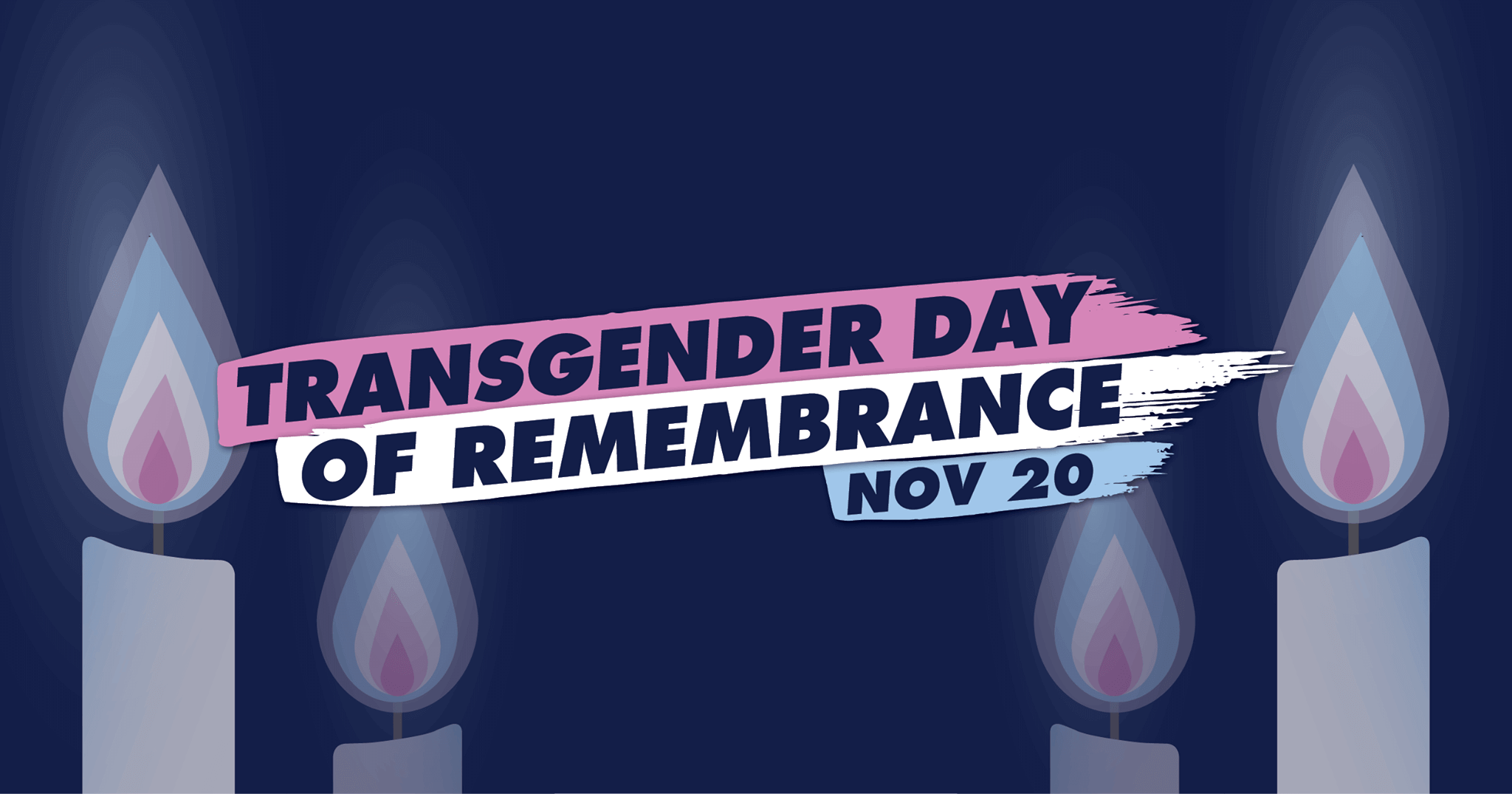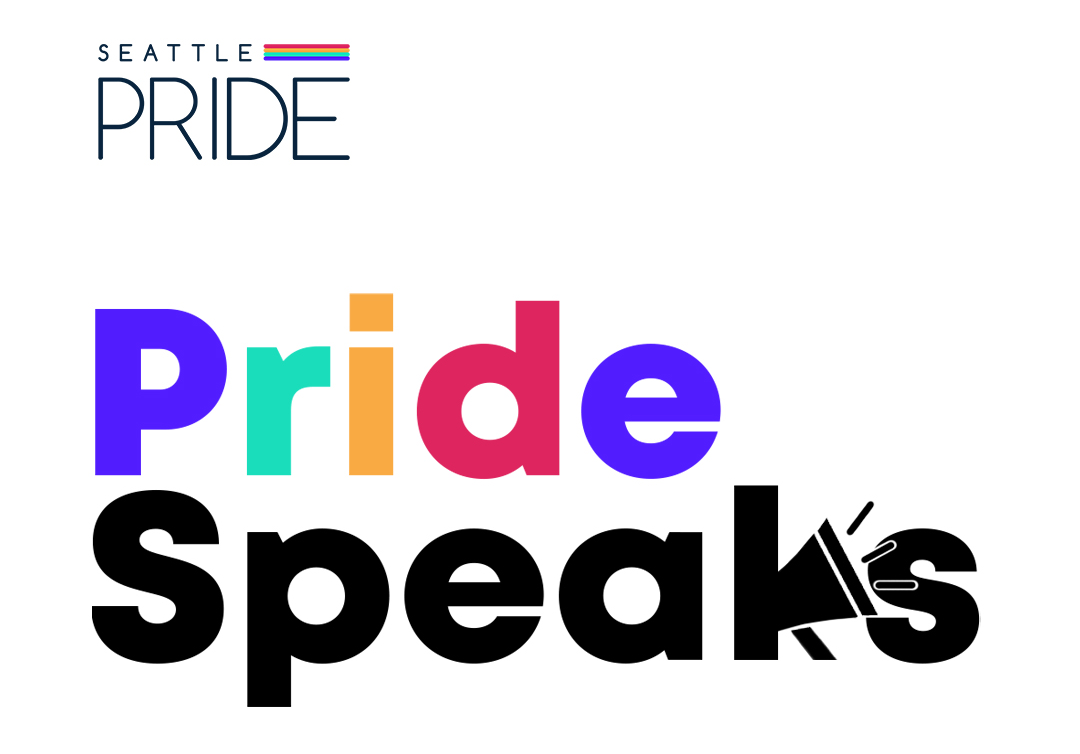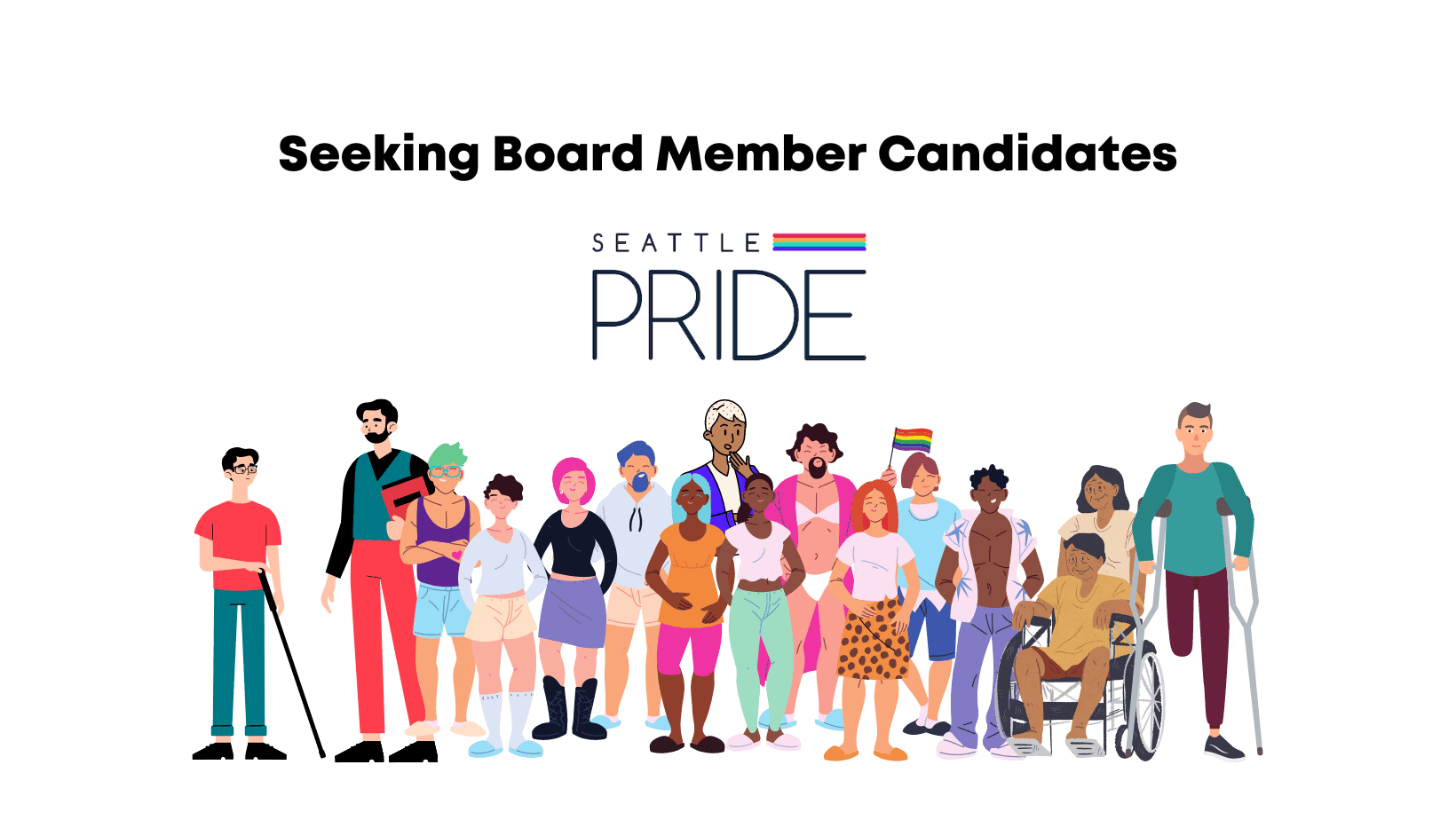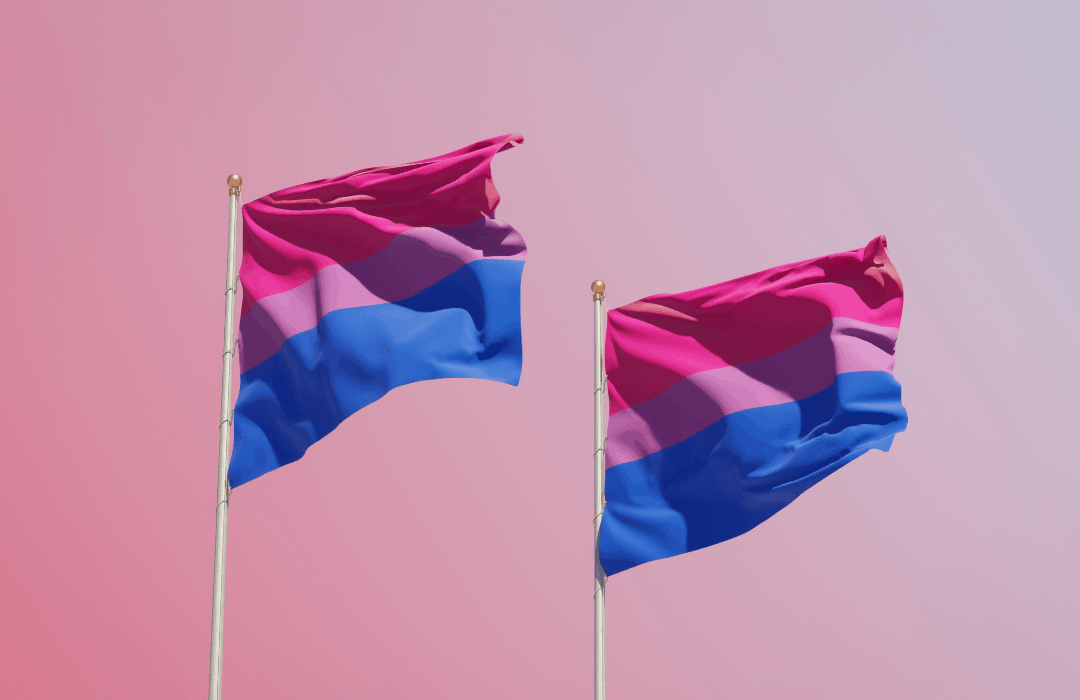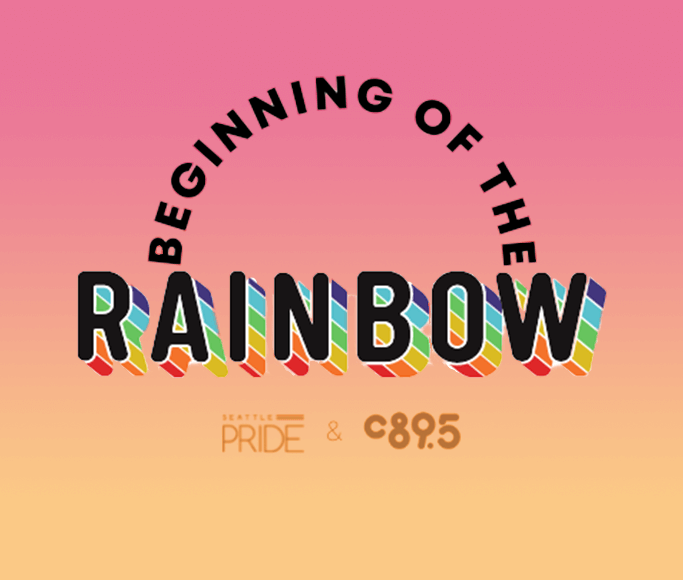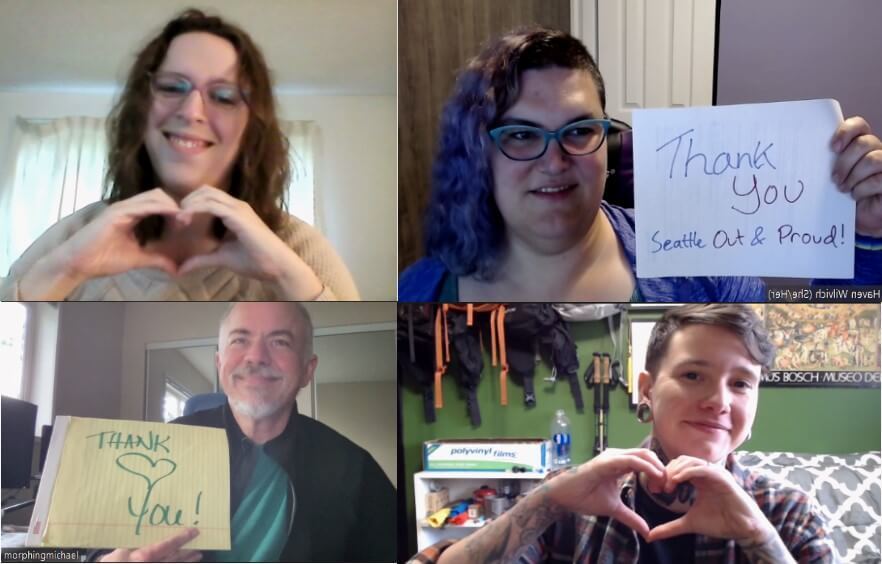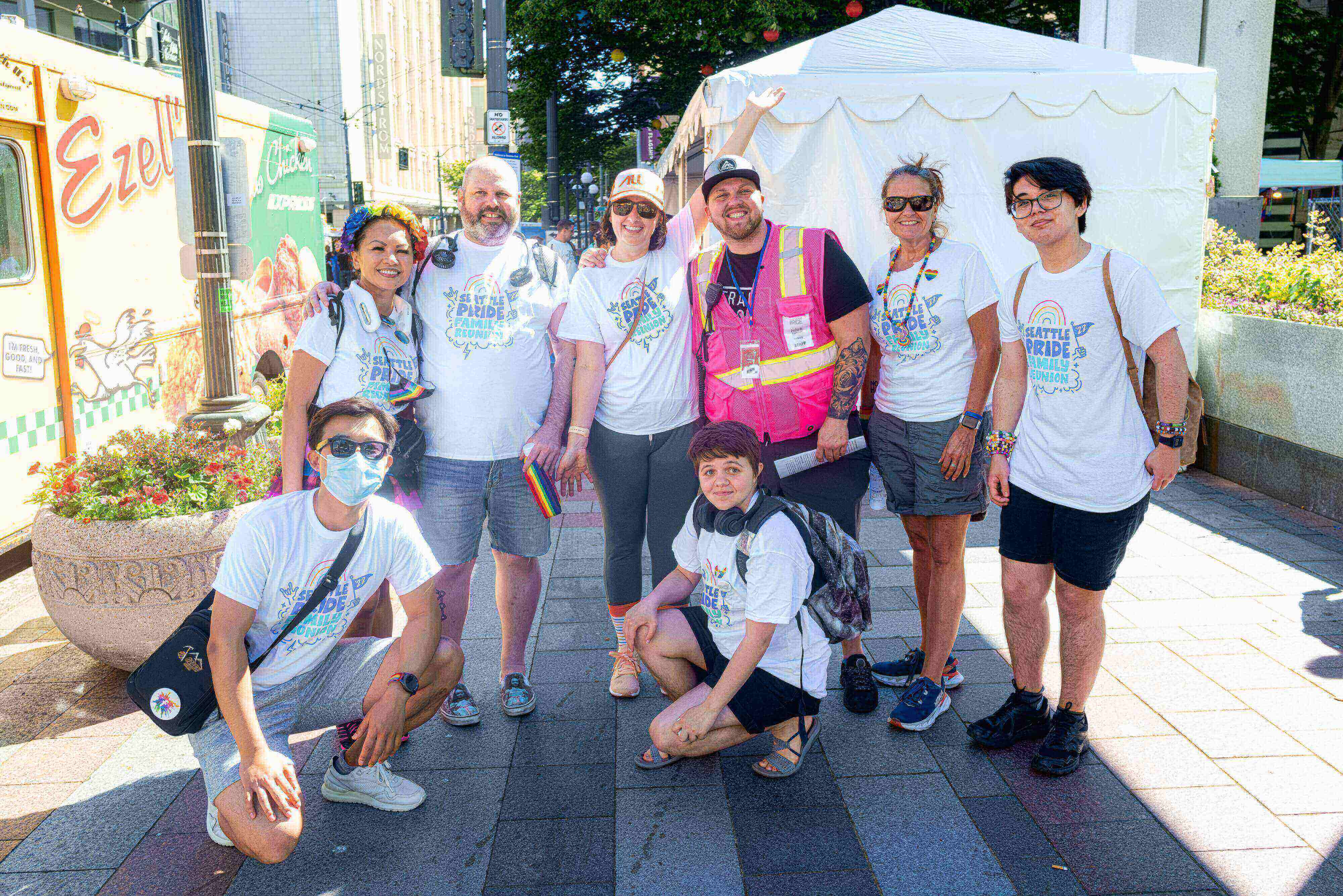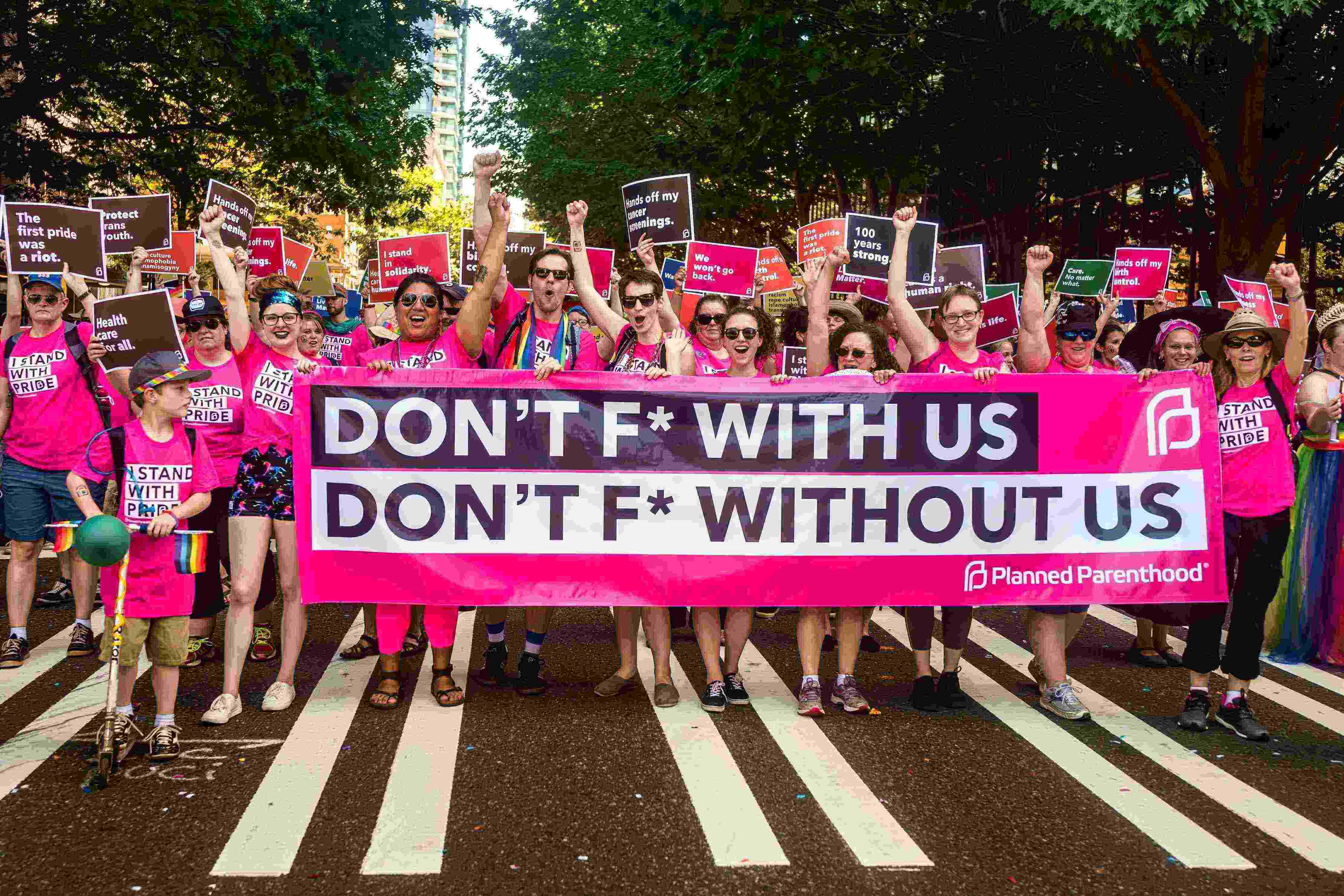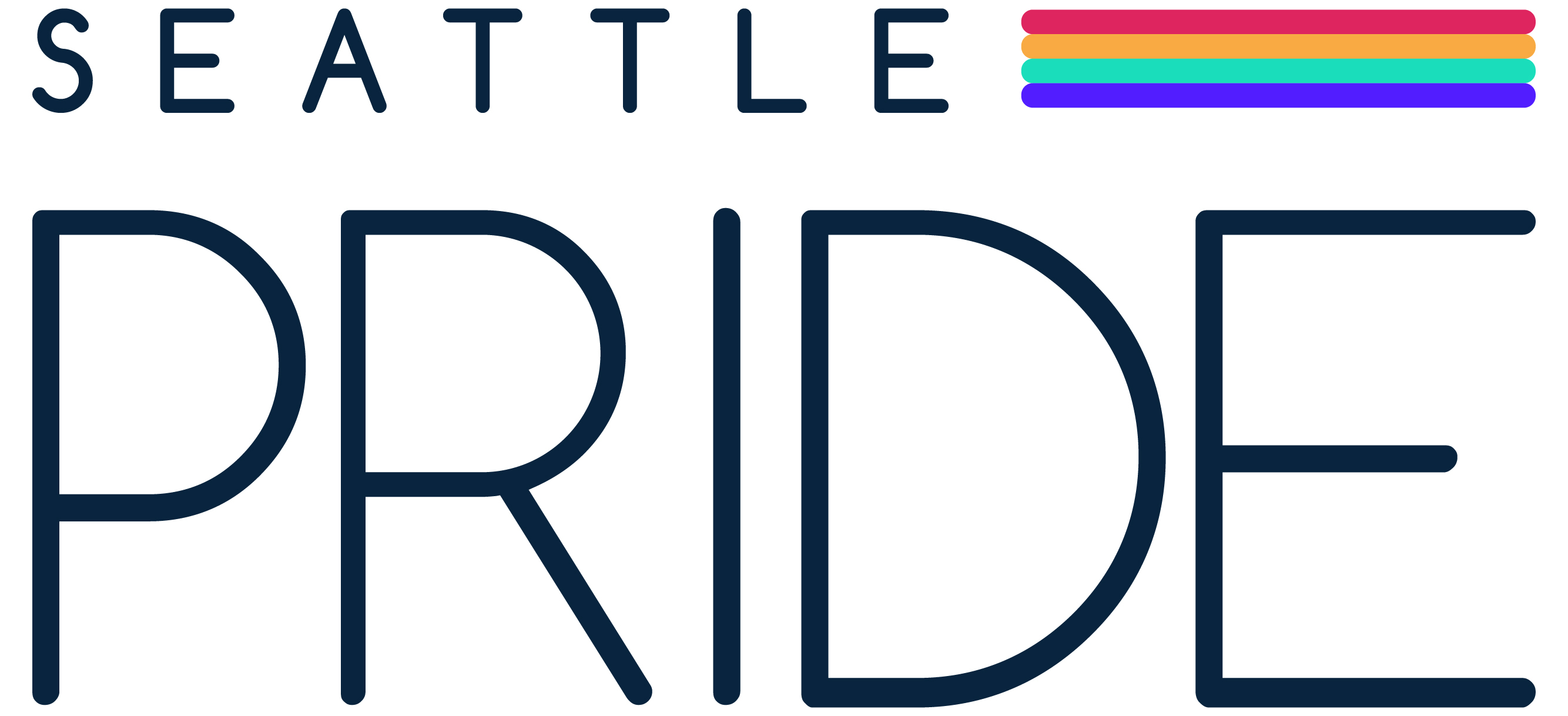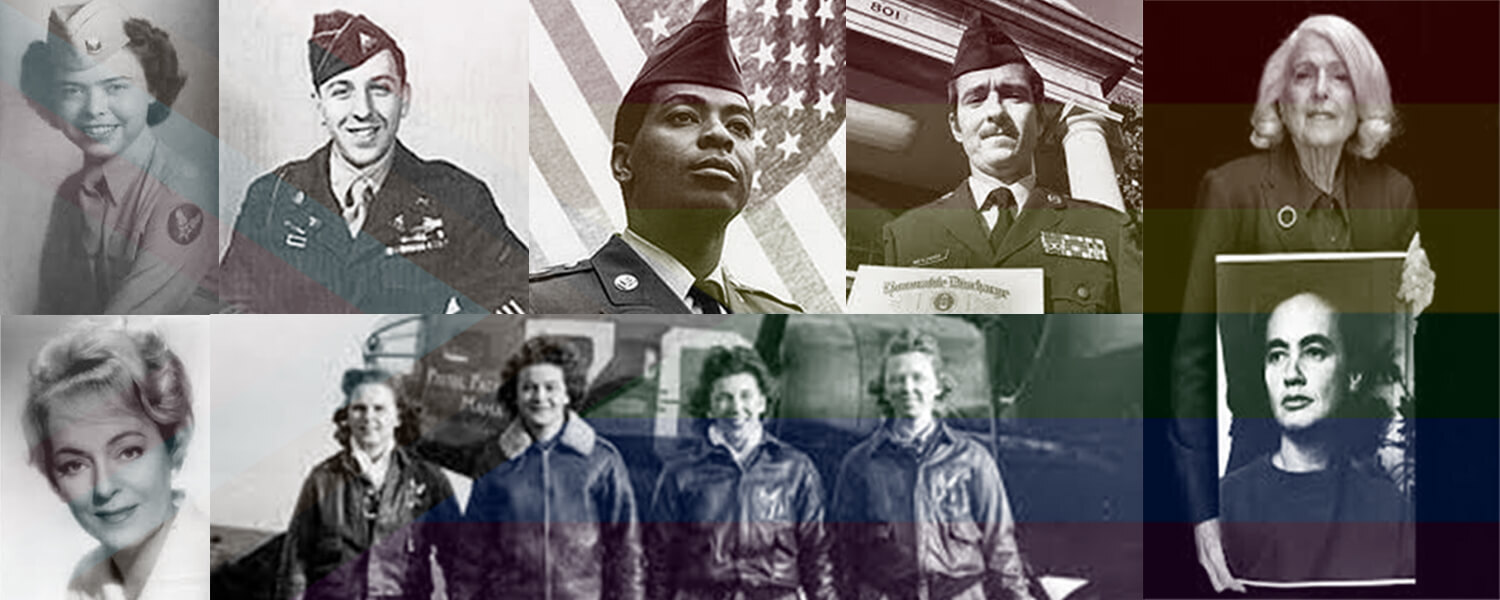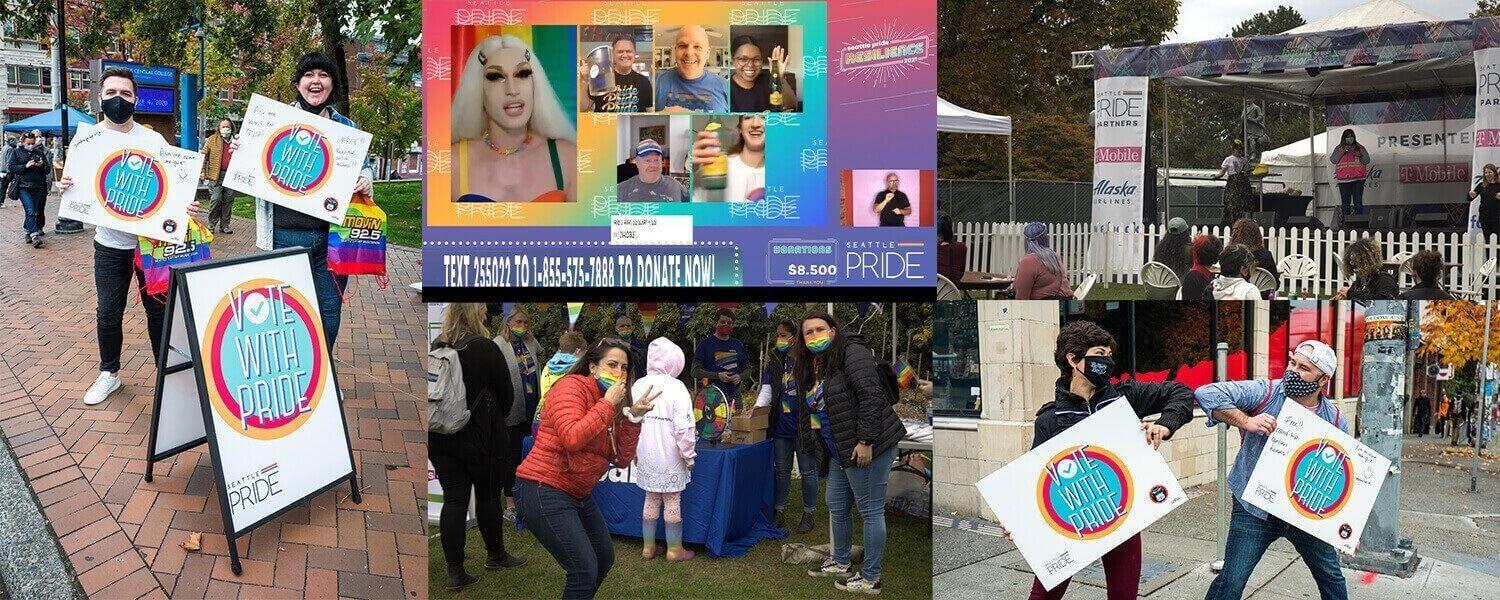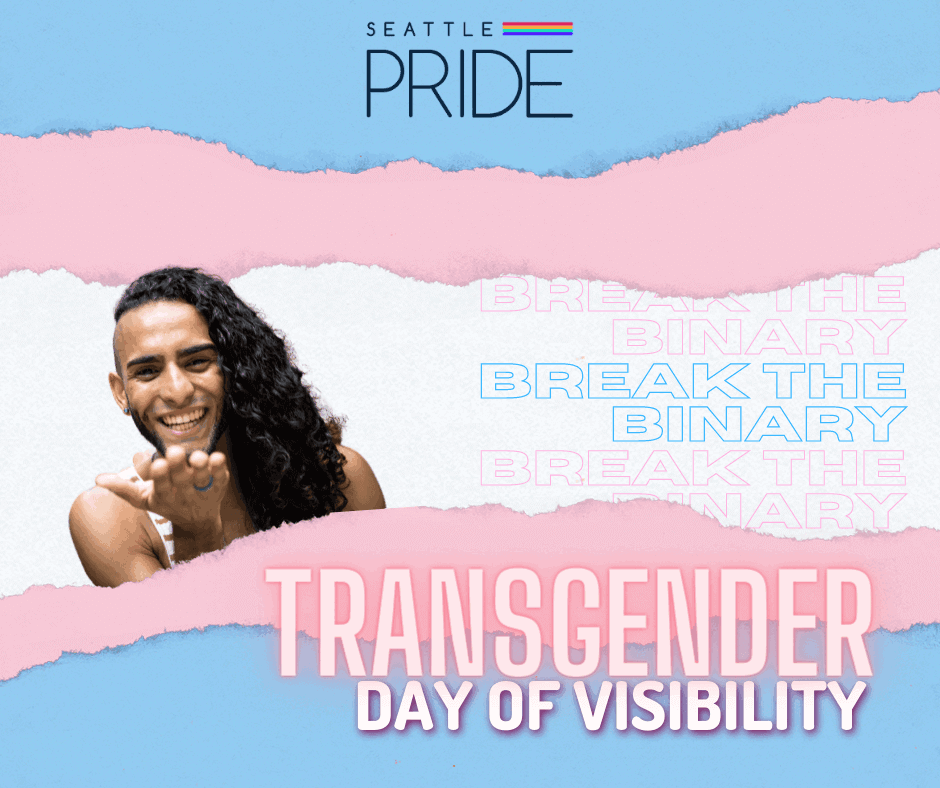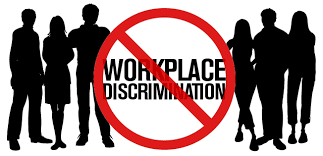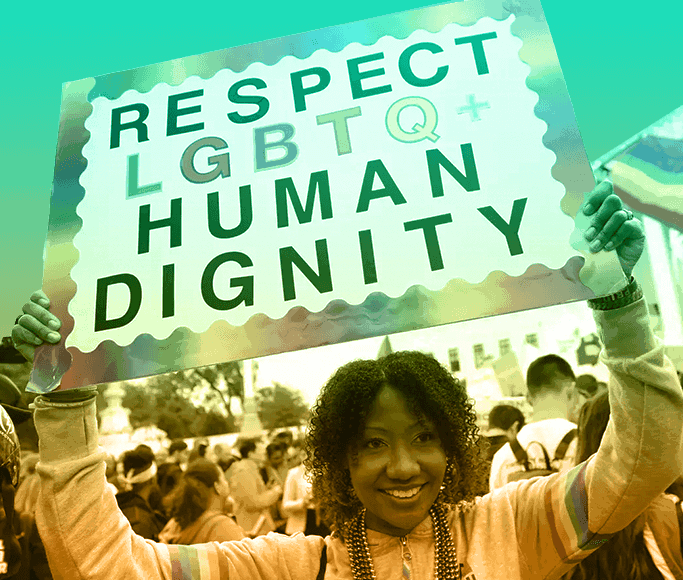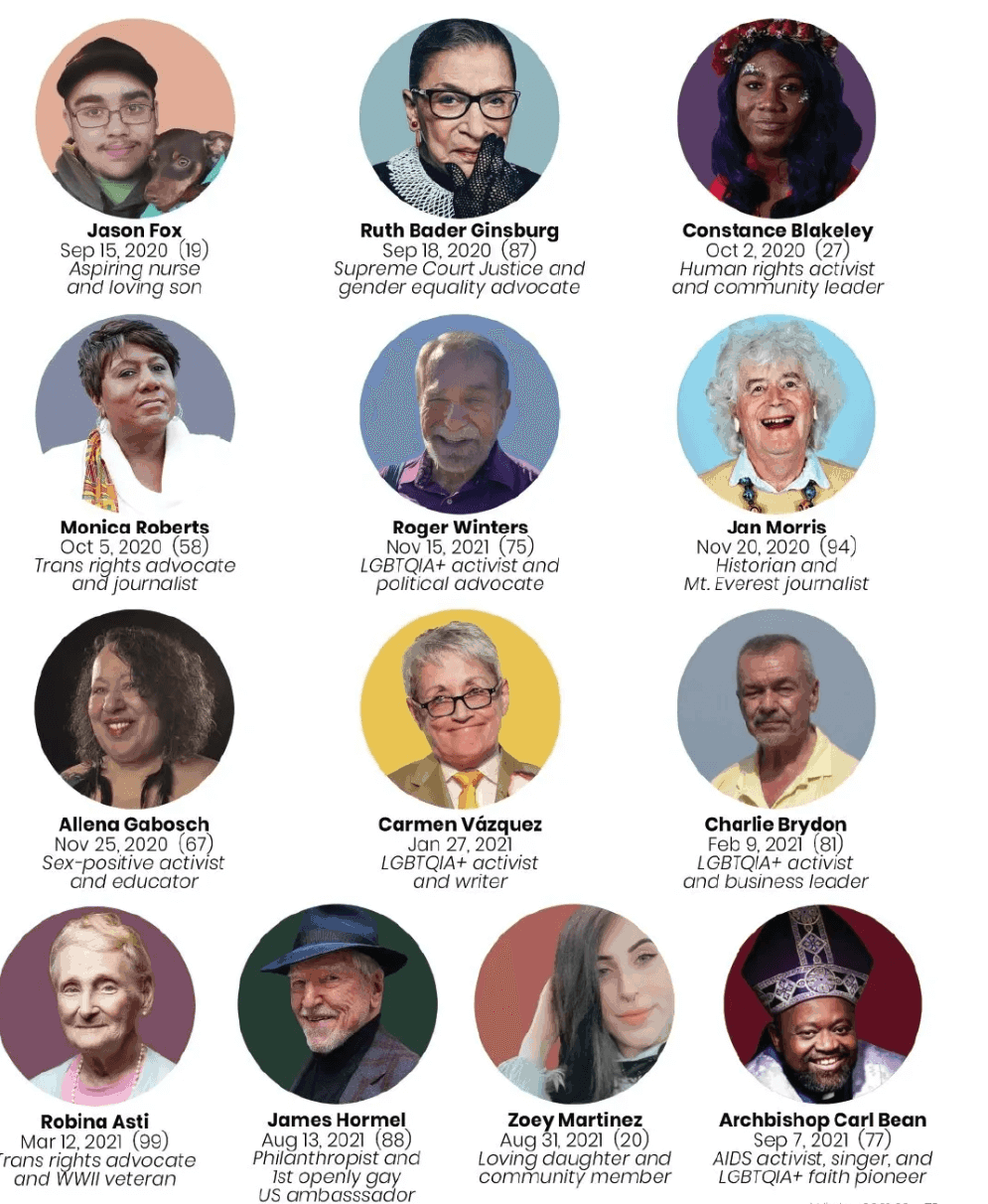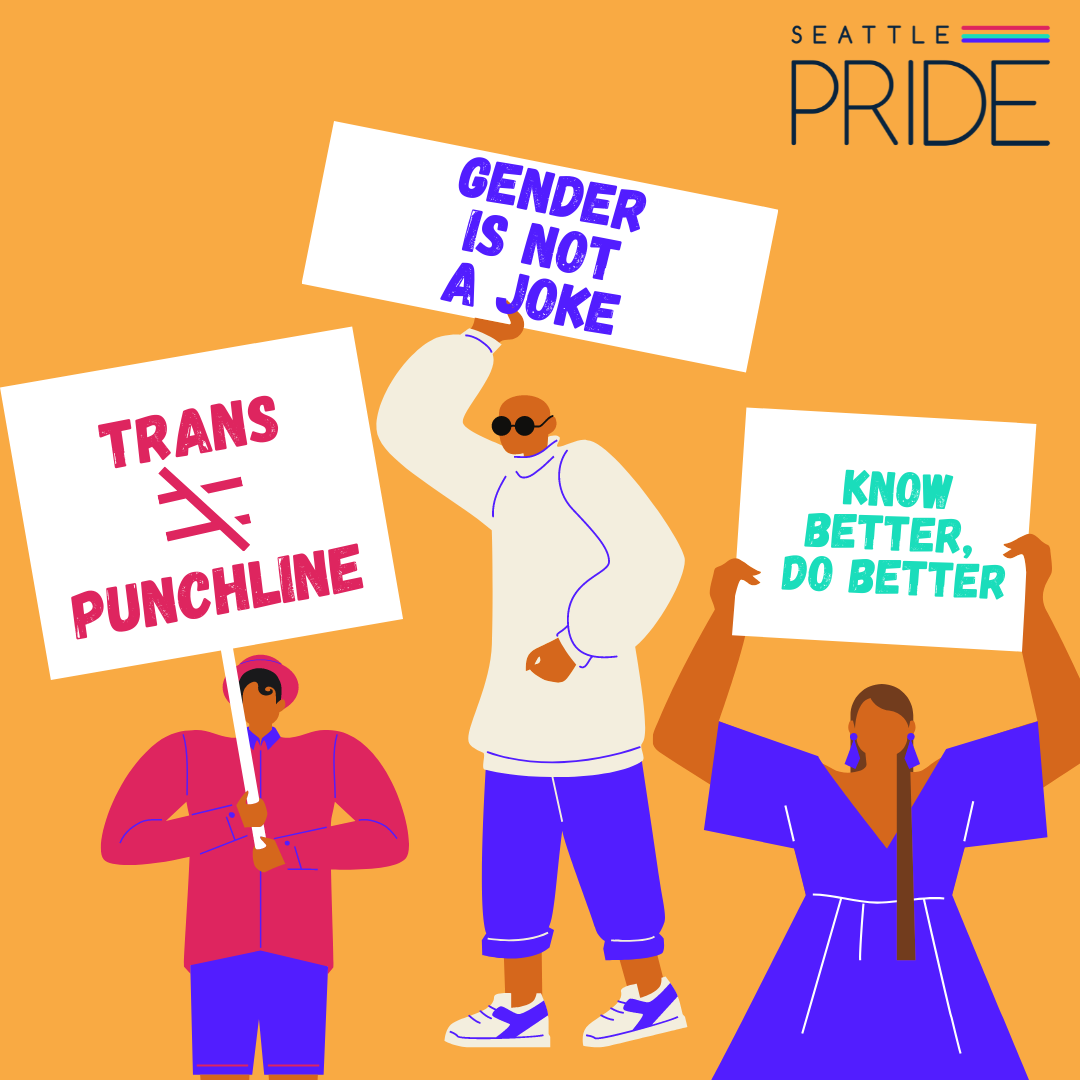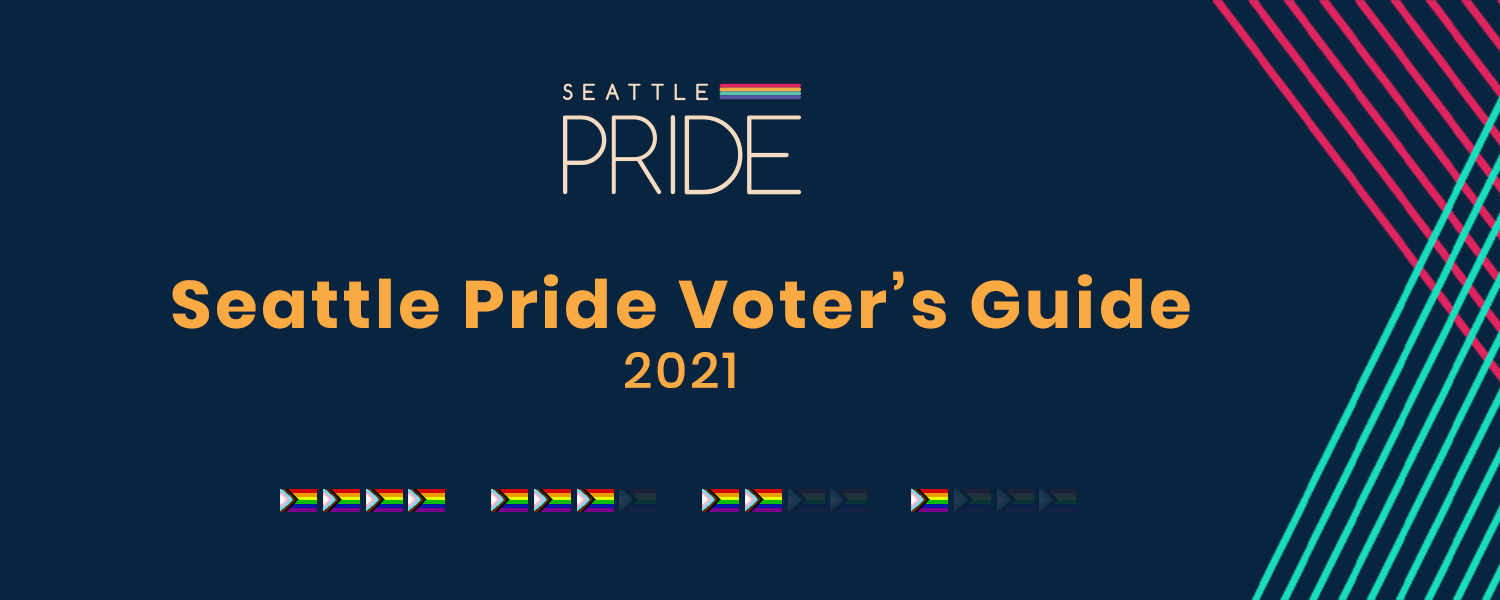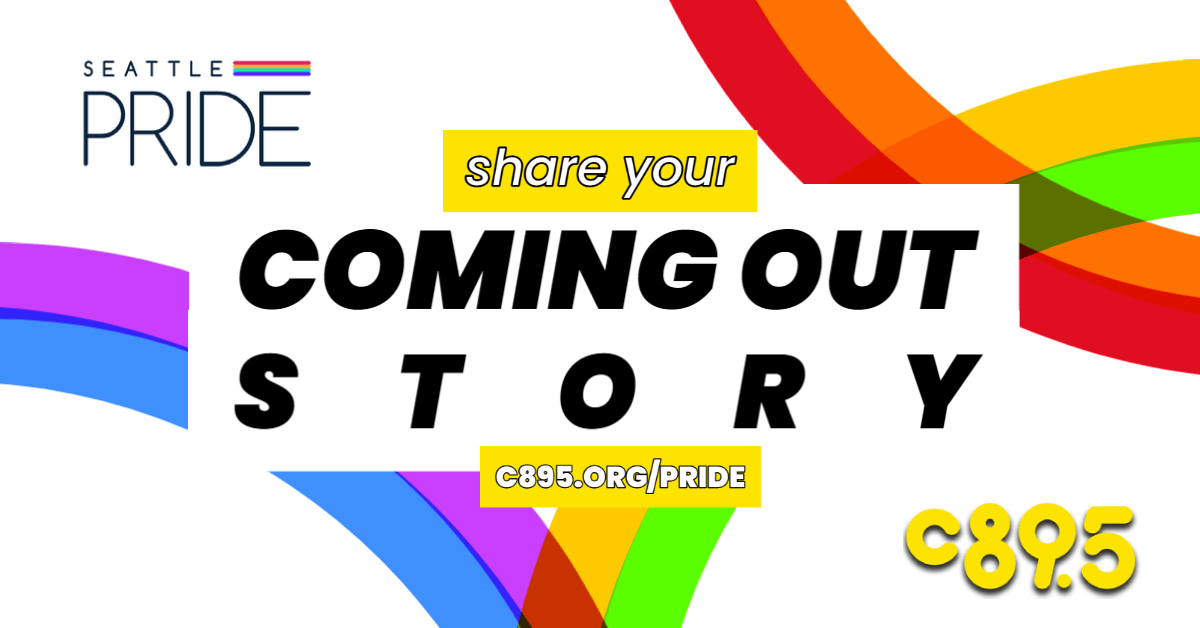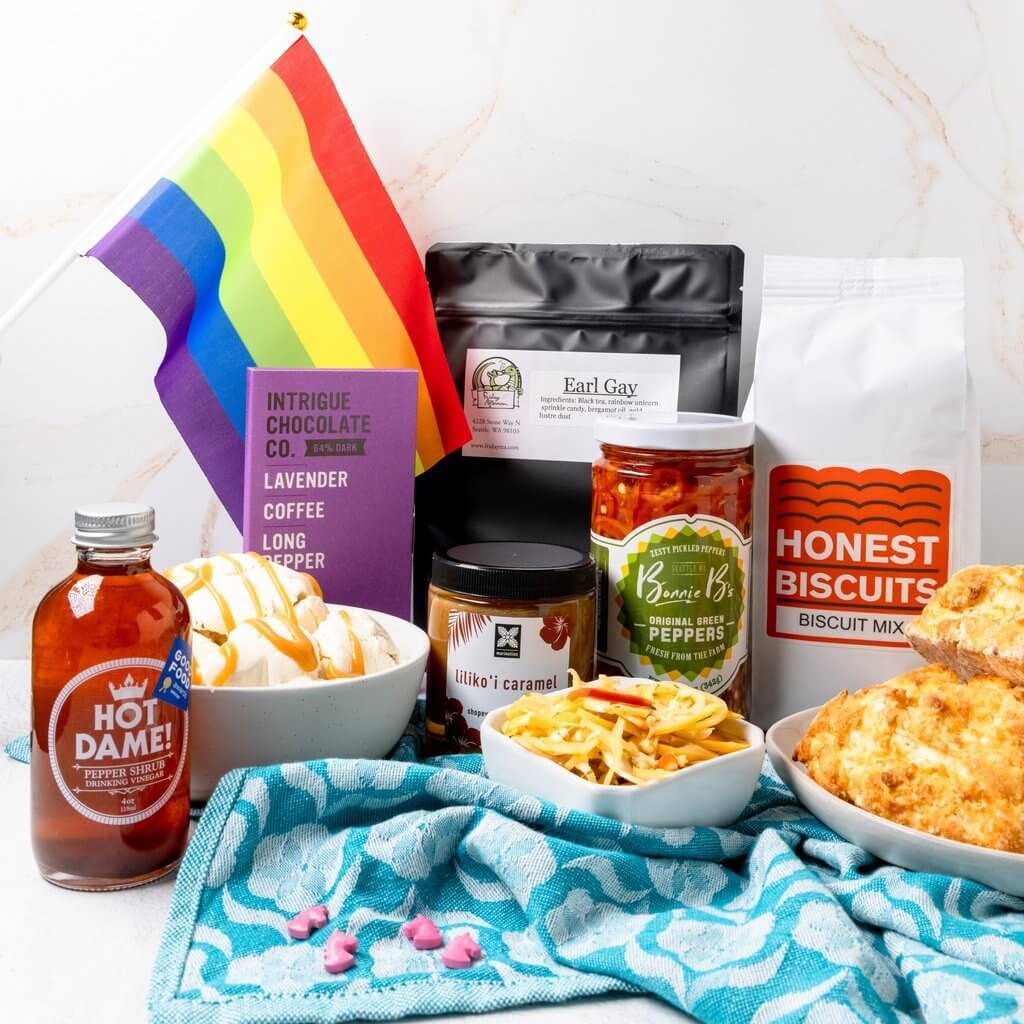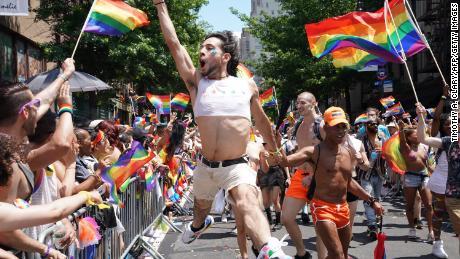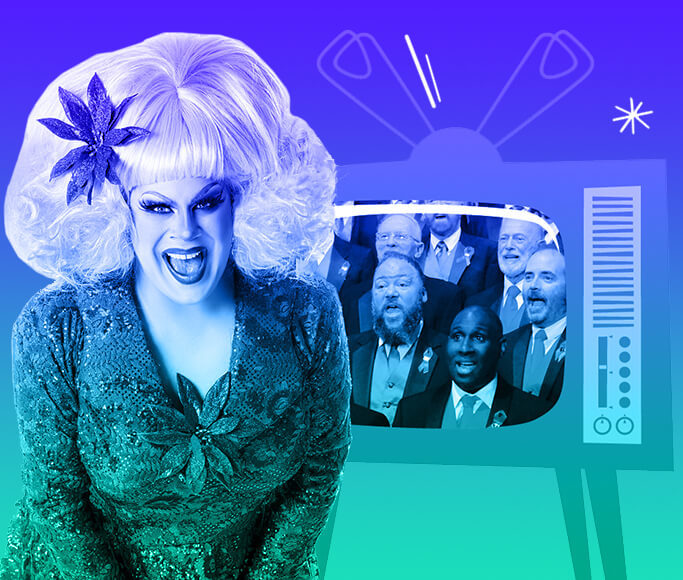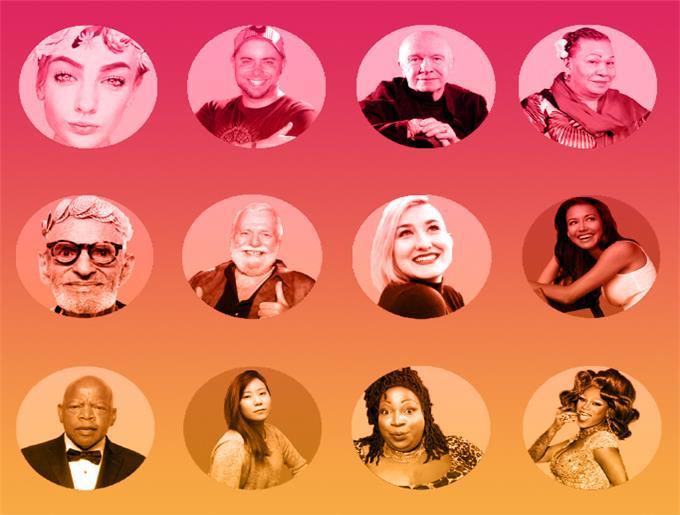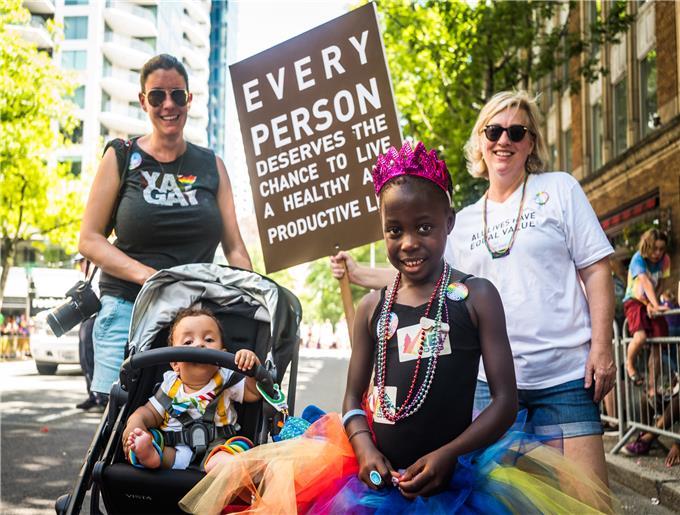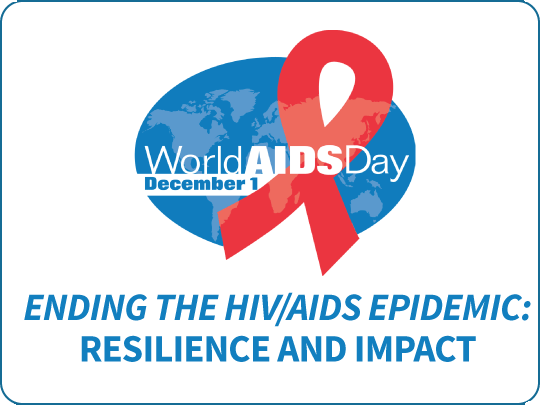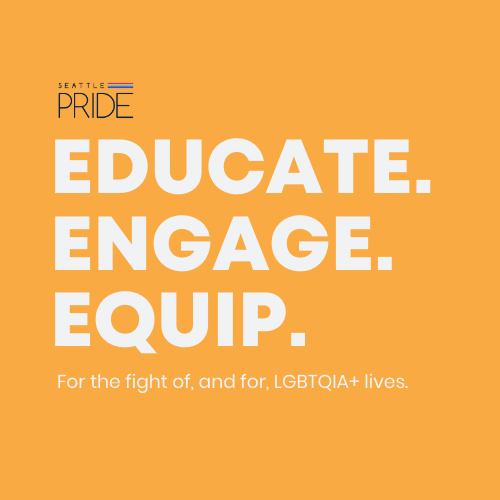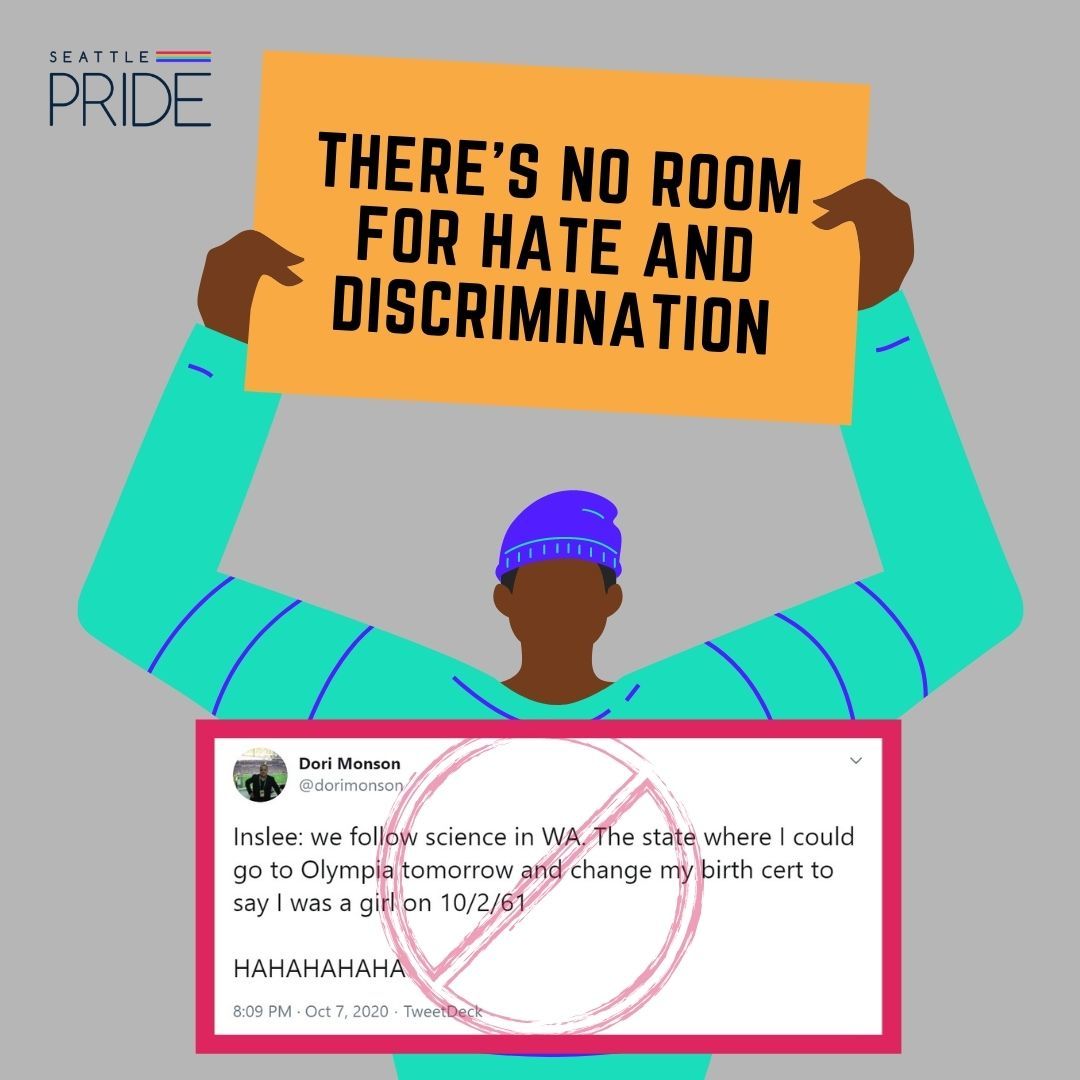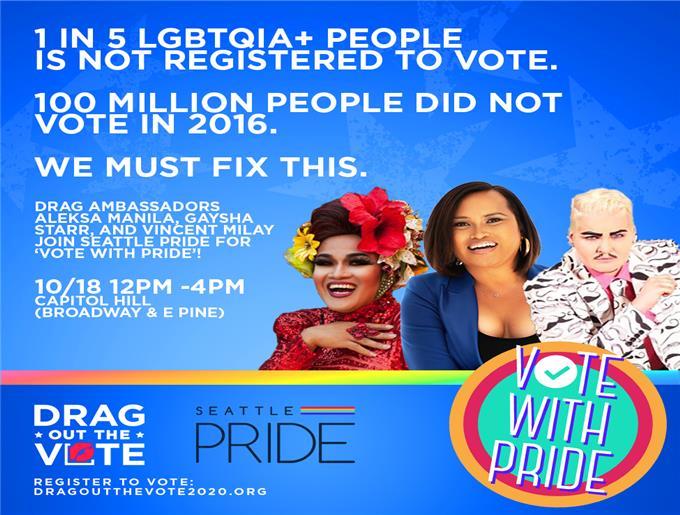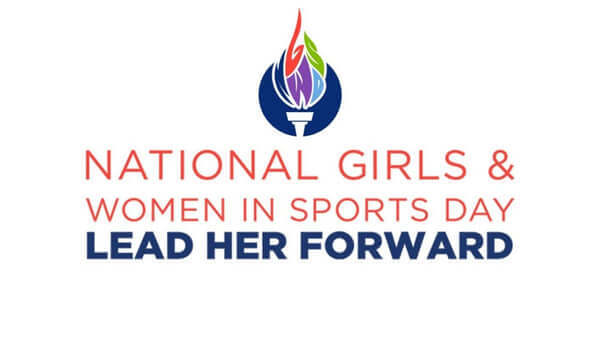
National Girls & Women in Sports Day
Feb 02, 2022 | Seattle Pride
February 2, 2022, marks the 36th annual National Girls & Women in Sports Day (NGWSD). This celebration inspires cisgender and transgender girls and women to play and be active, to realize their full power. The confidence, strength, and character gained through sports participation are the very tools girls and women need to become strong leaders in sports and life.
LGBTQIA+ Women in Sports
This is just a small sample of LGBTQIA+ women athletes, many of whom are trans. We love seeing so many sports represented by so many badass women and nonbinary folks!
- Tifanny Abreu, volleyball
- Mianne Bagger, golf
- Savannah Burton, dodgeball
- Parinya Charoenphol, Thai boxing
- Roberta Cowell, motor sports
- Michelle Duff, motorcycle road racing
- Michelle Dumaresq, downhill mountain biking
- Fallon Fox, mixed martial arts
- Natalie van Gogh, cycling
- Laurel Hubbard, weightlifting
- Veronica Ivy, cycling
- Lauren Jeska, fell running
- Janae Kroc, powerlifting
- Bobbi Lancaster, golf
- Kellie Maloney, boxing
- Charlie Christina Martin, motor sports
- Cate McGregor, cricket
- Hannah Mouncey, handball and Australian football
- Renée Richards, tennis
- Jaiyah Saelua, football
- Britney Stinson, baseball and football
- Cece Telfer, track and field
- Andraya Yearwood, track and field (high school)
- Laura Goodkind, Paralympic rowing
- Timothy LeDuc, figure skating
- Robyn Lambird, wheelchair racing
- Quinn, soccer
- Alana Smith, skateboarding
- Maria "Maz" Strong, Paralympic seated shot put
While we celebrate the successes of LGBTQIA+ women in sports, we must also be ready to fight to allow those successes to continue. The biggest government protection that exists is Title IX of the Education Amendments of 1972. Title IX protects students against bullying and discrimination in schools that receive federal funding, including all public elementary, middle, and high schools. The law specifically prohibits discrimination based on sex, including discrimination like excluding a student from sports or access to facilities. Title IX makes sure that male and female students have the same access to sports teams and that they can attend school without fear of sexual harassment, among other protections.
With the passage of the Title IX amendment in 1972 (commonly referred to just as "Title IX", pronounced "Title Nine"), the United States government put protections in place that barred discrimination of an individual in any academic, extracurricular, research, occupational training, or other education program or activity setting, based on their race, color, national origin, sex, disability, and age. This includes students who are lesbian, gay, bisexual, transgender, queer, questioning, asexual, intersex, nonbinary, and individuals who identify their sexual orientation or gender identity in other ways (LGBTQIA+).
Threats to LGBTQIA+ Women in Sports
Just this week, former President Donald Trump announced that, if re-elected, he would overturn Title IX protections for transgender women in sports while using anti-trans rhetoric and purposefully misgendering women in his examples. He is not the only threat, however. Last year, more than 30 states considered bills that would ban transgender student-athletes from playing on sports teams that align with their gender identity. Ten states have enacted such measures. So far this year, 17 states are considering similar bills. In 2020, lawmakers zeroed in on sports and introduced 20 bills seeking to ban trans people from participating in athletics.
For four myths about transgender athletes (and to see them debunked), check out this article by the American Civil Liberties Union (ACLU).
How Can I Help?
We're so glad you asked! Here are just a couple of ways you can help celebrate - and protect the rights of - LGBTQIA+ girls and women in sports:
1. If you know of someone being harassed or discriminated against in violation of Title IX protections, point them towards the U.S. Department of Education's Office of Civil Rights. The mission of the U.S. Department of Education’s Office for Civil Rights (OCR) is to ensure equal access to education and to promote educational excellence through vigorous enforcement of civil rights in our nation's schools. To serve this mission, OCR enforces civil rights laws to protect all students from unlawful discrimination and harassment based on their protected class as laid out in Title IX, above.
2. Are you a parent or guardian, or a student? Ask your school leadership (principal, superintendent, dean of sports, etc.) to provide you with documentation of how they are ensuring fair, equitable treatment for LGBTQIA+ athletes at your school.
3. Join the Seattle Pride Advocacy Alert email list and take action when LGBTQIA+ rights are threatened! Seattle Pride will email you with an alert (remember when Dori Monson, local radio personality, made transphobic remarks on-air?), and give you a variety of ways to take action - over social media, through email, calling local, state, and/or federal representatives, and more. Your advocacy may mean someone's ability to safely live as they choose, love who they wish to love, and be seen as the amazing person they are!


